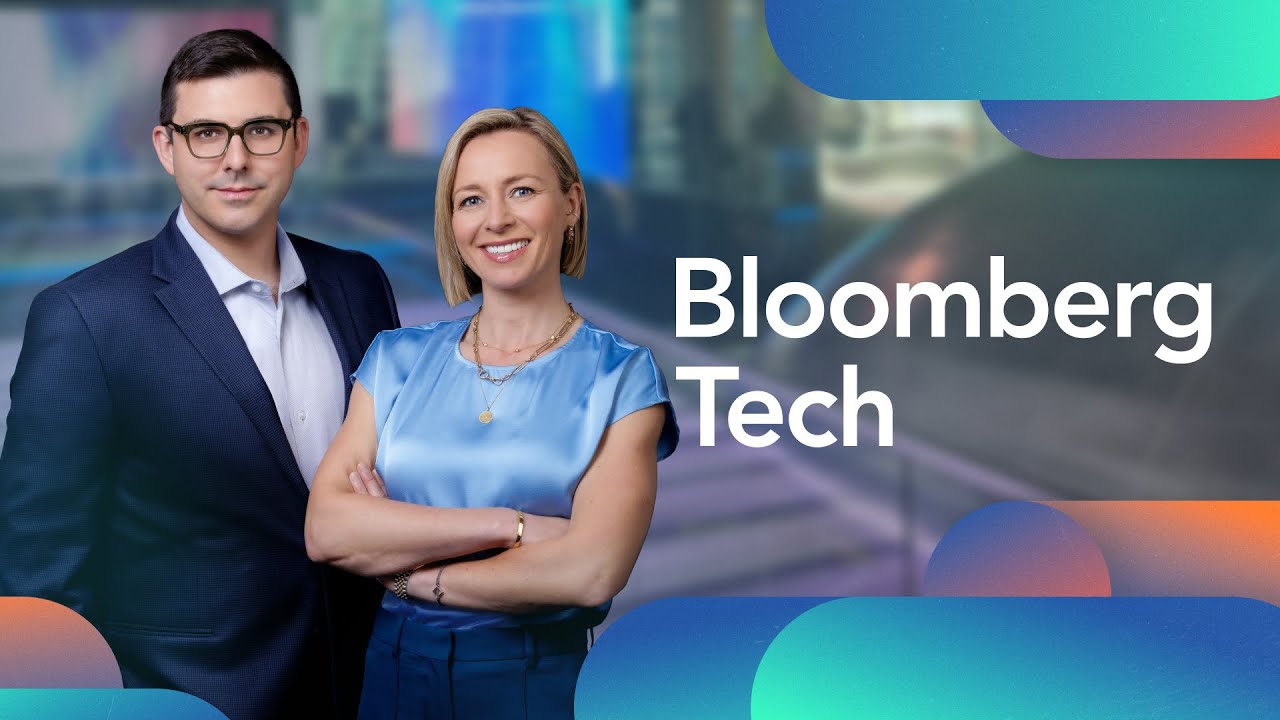The Bloomberg Tech segment reports a continued selloff in AI-related tech stocks amid investor skepticism about AI’s ROI, highlighting significant declines in companies like Palantir and Nvidia, while noting strategic shifts at firms such as Oracle and Meta to capitalize on AI opportunities. Despite challenges and mixed returns, industry leaders and startups alike are cautiously optimistic about AI’s long-term transformative potential, with major players preparing for upcoming product launches and evolving business models.
The Bloomberg Tech segment opens by highlighting a continued selloff in the technology sector, particularly among AI-related stocks, as investors grow increasingly skeptical about the valuations and return on investment (ROI) of AI technologies. Major players like Palantir and Nvidia have seen significant declines, with Palantir experiencing its worst two-day drop in years. Intel, despite earlier optimism fueled by potential U.S. government investment and SoftBank’s $2 billion commitment, also succumbed to market anxiety. Experts suggest this selloff is partly seasonal and driven by profit-taking, especially in high-momentum stocks with stretched valuations, as the market awaits clearer signals from upcoming earnings reports, notably Nvidia’s.
Microsoft made headlines by restricting advanced cybersecurity vulnerability notifications to Chinese companies following investigations into potential leaks linked to state-sponsored cyberattacks. This move reflects growing geopolitical tensions impacting tech companies. Meanwhile, Oracle is emerging as a significant player in the AI cloud infrastructure space, propelled by major deals with clients like TikTok and OpenAI. The company is investing heavily in data centers and cloud capabilities, signaling a strategic pivot from its legacy software business to becoming a central infrastructure provider for AI workloads, despite the risks associated with lower-margin cloud services.
A study from MIT revealed that despite massive investments in generative AI, 95% of organizations report no tangible return on these efforts so far, underscoring the nascent stage of AI adoption and the long-term nature of realizing productivity gains. Bank of America’s Chief Technology and Information Officer, Hari Gopalkrishnan, shared insights on how the bank has successfully integrated AI into customer interactions and internal workflows, improving client satisfaction and operational efficiency. He emphasized a balanced approach to AI adoption, leveraging both proprietary and third-party models, and highlighted the importance of measuring ROI through productivity metrics and real-world business process improvements.
Meta is undergoing a significant restructuring of its AI division, splitting into four specialized teams to better capitalize on recently acquired talent and focus on large language models, infrastructure, and superintelligence research. While Meta has demonstrated some of the strongest returns on AI investments among tech giants, concerns remain about the long-term business models for superintelligence and the integration of AI into its core social media platforms. Analysts view Meta as a near-term leader in AI returns, with Alphabet and Amazon also positioned as major beneficiaries of AI advancements, though each faces unique challenges in scaling AI-driven revenue growth.
The segment concludes with a look at the broader AI startup ecosystem, where a divide is emerging between well-funded AI-native companies and older tech firms struggling to pivot effectively. Venture capital is increasingly concentrated in a small number of AI mega-companies, while many others face down rounds or consolidation pressures. Additionally, Google’s upcoming Made by Google event is anticipated to showcase new AI-integrated hardware, leveraging its custom chips and software ecosystem to compete with rivals like Apple. Despite recent market volatility, the overall sentiment remains cautiously optimistic about AI’s transformative potential across industries.
